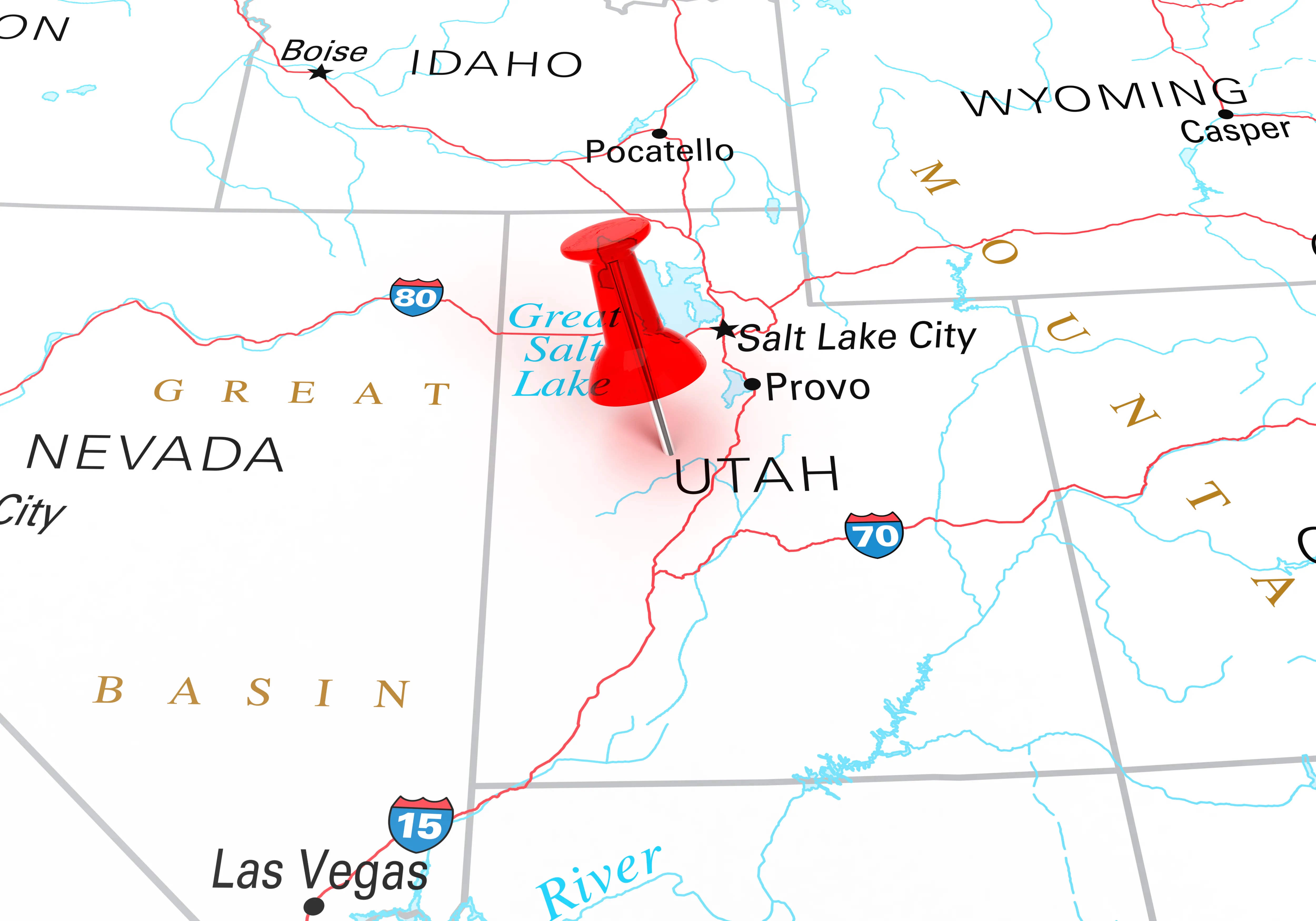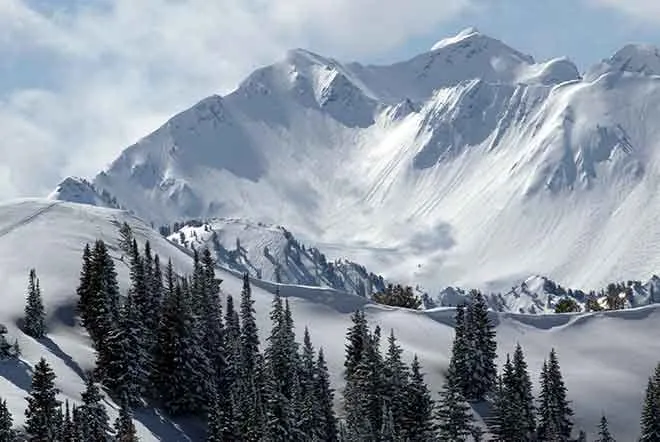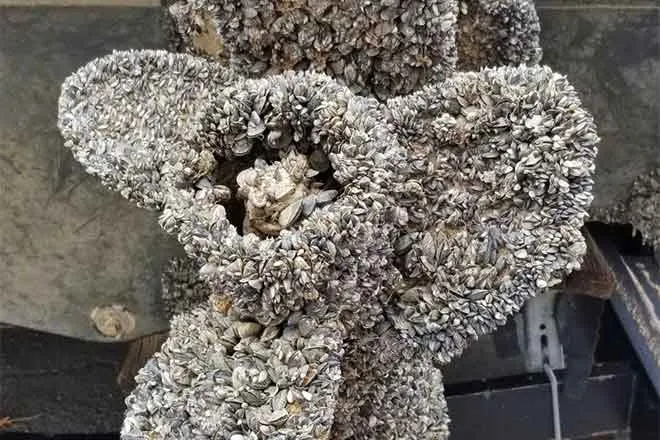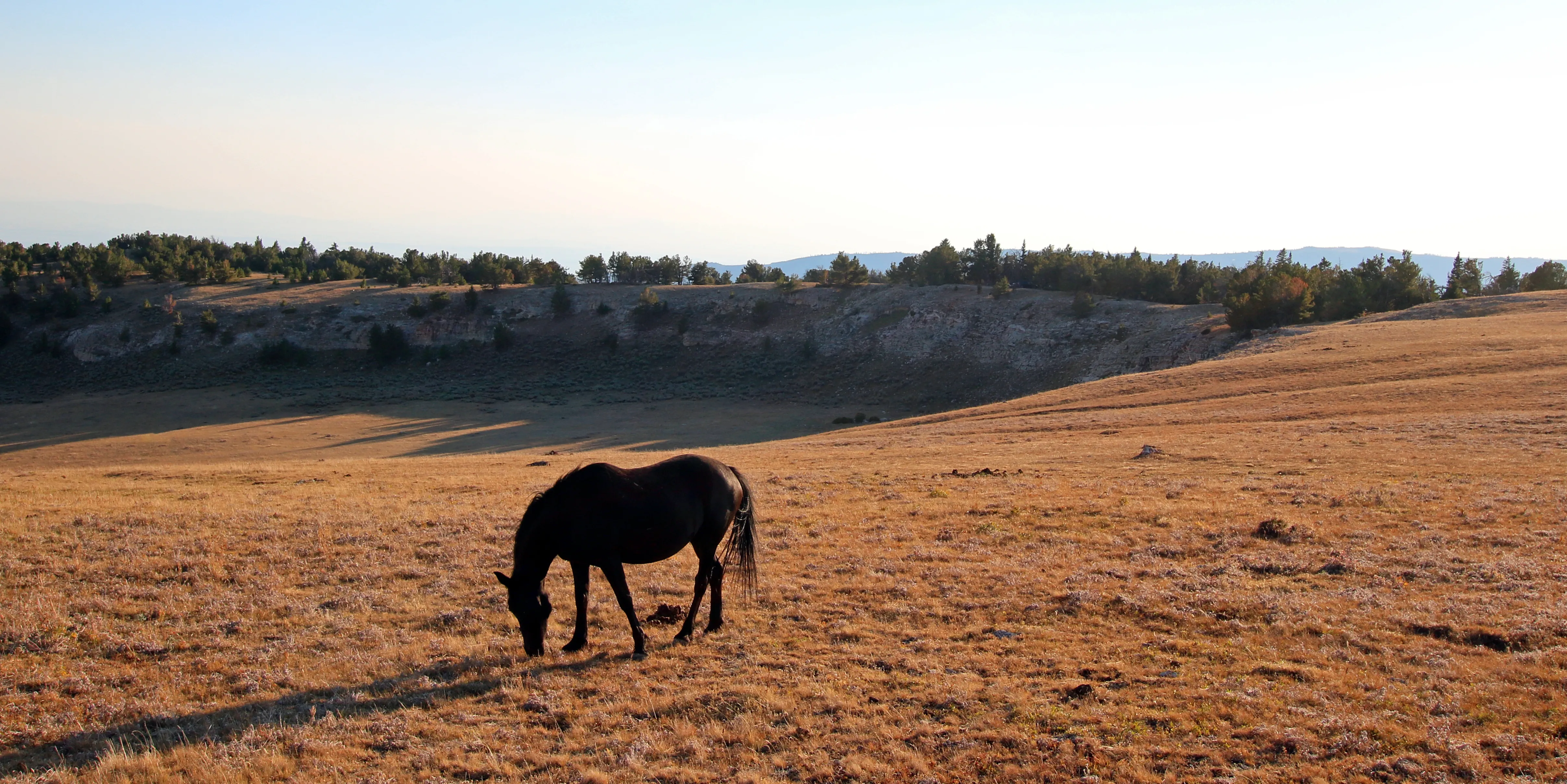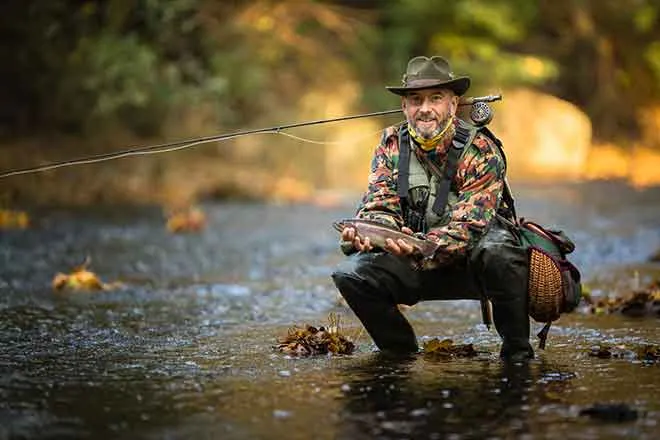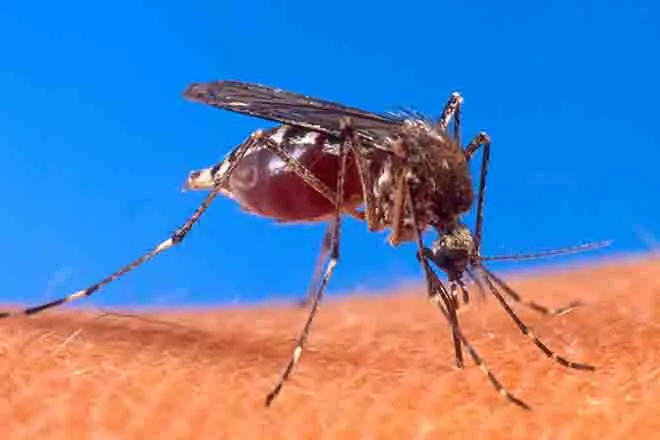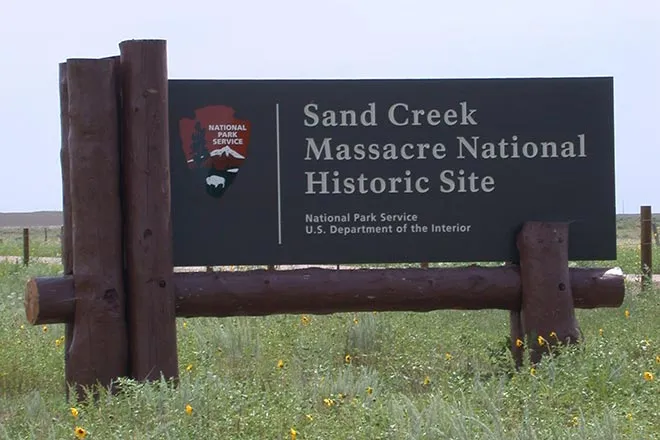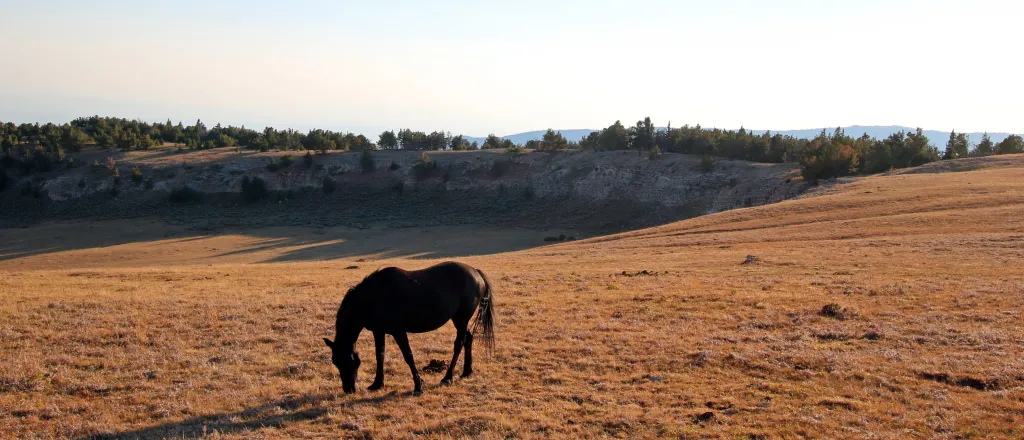
Department of Interior orders changes to 650 place names to remove indigenous slurs
(Utah News Connection) The U.S. Interior Department has ordered name changes for nearly 650 sites on federal lands, and across the country, containing words considered sexist or racial slurs.
An agency task force conferred with dozens of federal agencies, 70 tribal governments, and took more than 1,000 public recommendations in developing the list.
Brad Parry, council member of the Northwestern Band of the Shoshone Nation and consultant for the Natural History Museum at the University of Utah, said for Native women, the change is long overdue.
"I think Native Americans see words like 'squaw,' 'papoose,' and 'buck' and some of those things as dehumanizing," Parry explained. "To take and say that a 'squaw' is a pan-ethnic term for all Indian women has been highly offensive to a lot of us."
The report found 50 sites within Utah with insulting names, including a spring near Provo which has been a traditional gathering place for the Shoshone. While the order only applies to federal properties, several states have recently passed or are considering legislation with similar goals.
In 2021, Interior Secretary Deb Halland, the first Native American to serve as a cabinet secretary, ordered a review of geographical names of mountains, canyons, waterways, and other features with the pejorative term "squaw" in their names.
Parry said Halland's move is rooted in a 2003 controversy to rename Arizona's Squaw Peak to honor Native American and Iraq War casualty Lori Ann Piestewa.
"I think Secretary Halland always had that in the back of her mind," Parry remarked. "And was able to get into a position where one at a time wasn't going to help. But doing them all at once, you're able to take one swipe and get everything changed."
Parry believes the order will go a long way toward changing attitudes.
"Removing that is assisting history," Parry contended. "These people weren't savages, they weren't dehumanized. You know, some of those things happened. But now, we can move forward and just say, 'Hey, our women are women, and they're equal, and they're important.' They don't have to go by a derogatory term."

